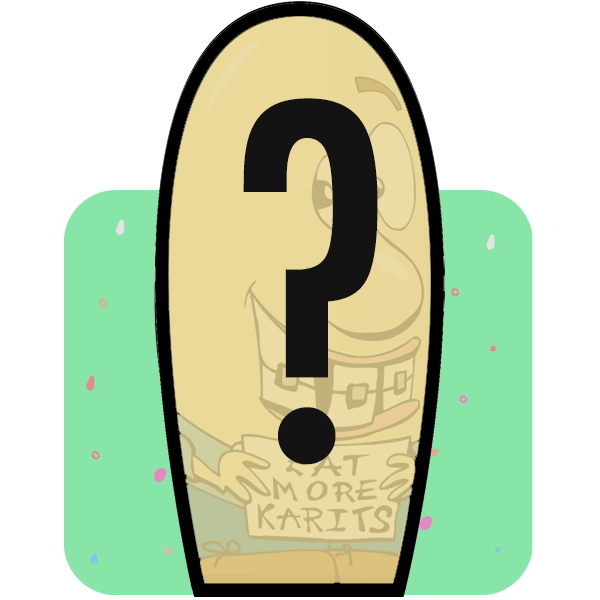Karl Landsteiner’s Discovery
By Rachel
One day there was a man sitting on
his porch with a cup of coffee. Although he looked perfectly content and
happy, his mind was full of worries. You see, his son had just been in a
terrible car accident and was badly hurt. He was losing a lot blood, and the
doctors said they needed someone to donate blood for him. Without hesitating,
his father volunteered to give some of his blood. He had gone to the lab the
day before to find out if his blood type was the same as his son’s, and yes, it
was! Now his son’s life would be saved.
As the father sat on
his porch, he was glad for what he could do for his son, but he wished he could
do
more. Suddenly, he
seemed to be translated to a different time and place. He found himself
in the
middle of a large
room in the sixteen hundreds. He was seated in a very uncomfortable chair
beside his
son, who lay on
a hospital bed, bleeding from a large wound on his leg. When he looked
around the
room, he noticed that
family and friends were scattered throughout the room in small groups, and
seemed to be crying.
The father wondered why. Couldn’t they use the blood he had donated to replace
his son’s lost blood? Seeing a doctor close by,
he asked him. “Don’t you know?” the doctor asked
abruptly. “Your son is dying because he
is losing too much blood. There is nothing we can do to save
him.” The father could not believe his ears!
His son, die? How could he bear it? In deep sorrow and
distress, he sat in
the chair, not knowing what to do but cry.
Suddenly, the
father found himself back on his porch with the cup of coffee in his hand. What
had just happened, he wondered. Then slowly it came back to him, what he
thought must have been a dream. Then he remembered what he had taught in
history class earlier that week as well. In the 17th century there
had been no such thing as blood transfusion, and when someone lost too much blood, they would die.
Then in the year 1901, a doctor by the name of Karl Landsteiner found there are
different types of blood. Until then, when blood transfusions had been
performed on people, they were unsuccessful, but now he had found out why.
Now, as the
father sat enjoying a cup of coffee, he would know his son wouldn’t die, and
all because of Karl Landsteiner’s discovery.
–by Rachel
Burns, 2013, school assignment–

